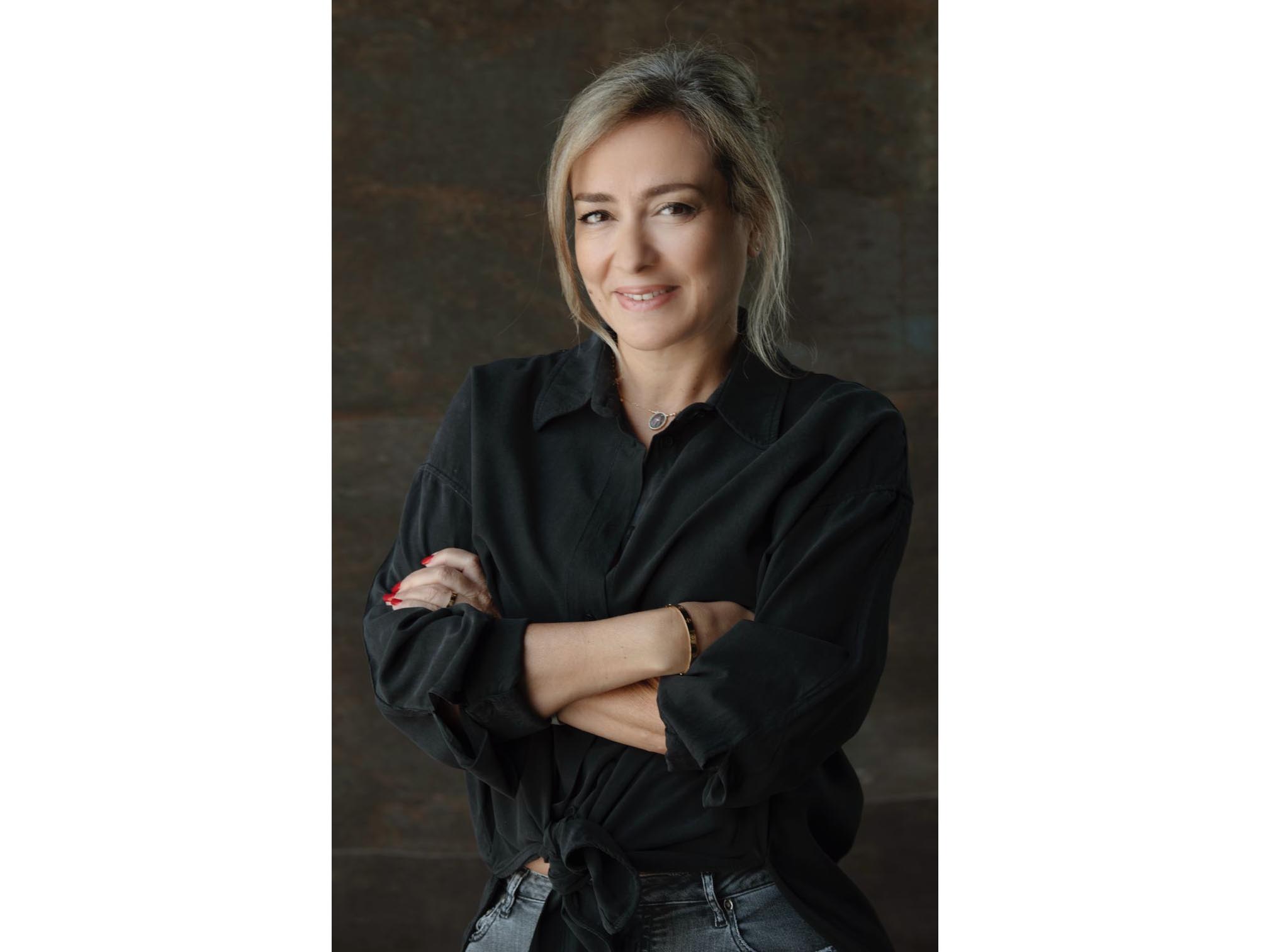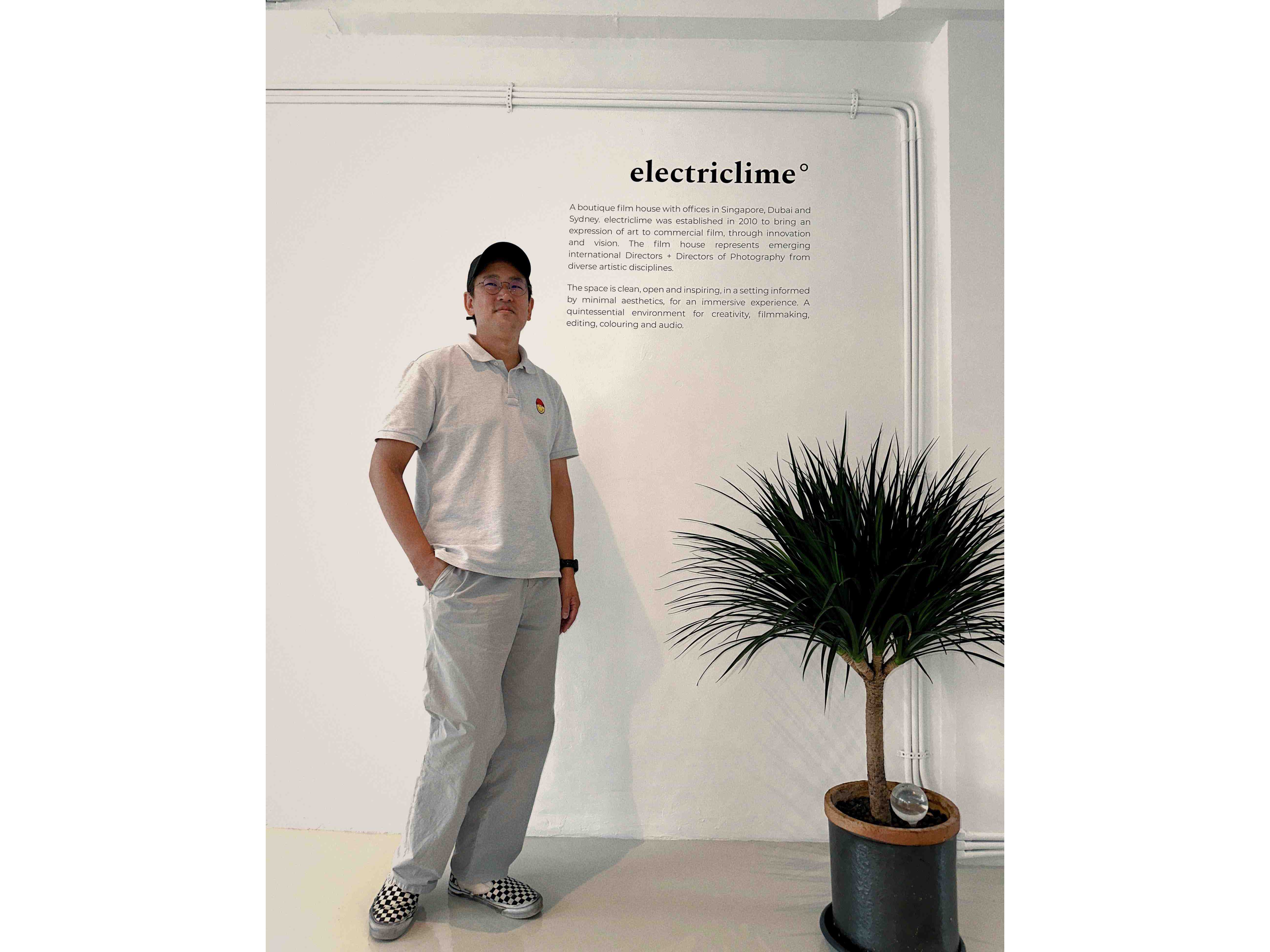Industry Talk - Free Talk
Dolly Saidy: 'Let’s produce responsibly'
by Dolly Saidy Makhoul, Mint MENA
June 19, 2024
‘High-quality production is more than a hallmark of effective advertising; it’s a commitment to innovation and responsibility. As the Arab world surges ahead with breakthroughs in artificial intelligence, virtual sets, and exceptional talent, we must anchor these advancements in responsible production practices, promoting and adhere to sustainable and ethical standards.
The Essence of Responsible Production
Producing responsibly is not just a trendy phrase—it’s a paradigm shift in our creative approach. By integrating responsible practices into our projects, we can create compelling campaigns that resonate deeply with audiences while minimizing environmental impact and contributing positively to society.
Consulting for industry giants in the Middle East, Africa and Asia, like The Coca-Cola Company, Nissan, and Danone, we not only drive efficiency and enhance production value for them along side their agencies and production partners, but also work with them on identifying, implementing and enforcing the following initiatives:
1. Sharing the Wealth
Costumes, props, and furniture should have life beyond the set. We ensure that these items are donated to local charities, community theaters, and schools, giving them new purpose and reducing waste. This practice not only supports community initiatives but also fosters a culture of reuse and sustainability.
2. Feeding the Hungry
Food waste is a significant issue on film sets. We encourage collaborations with local shelters and food banks to donate excess food, ensuring it reaches those in need. Implementing strict inventory management and composting programs further minimizes food waste, setting a standard for responsible consumption.
3. Recycling Everything
From set materials to water bottles, recycling is non-negotiable. Our aim is to achieve zero waste, showcasing that the advertising industry can be a force for good. By prioritizing recycling, we contribute to a circular economy and reduce our environmental footprint.
4. Embracing Virtual Solutions
Virtual sets are a sustainable alternative that reduce physical resource use and environmental impact. They also allow for precise cultural representation. When suitable for the content being produced, we advocate for the use of virtual sets to enhance both the efficiency and sustainability of our productions.
5. Reusing and Remixing
Before starting a new project, it is important for us to evaluate existing assets to see if they can be repurposed. This practice saves time and resources and promotes a more thoughtful approach to production. By reusing content, we create innovative campaigns from existing materials, emphasizing resource efficiency.
6. Conserving Energy
Energy efficiency is a critical aspect of responsible production. We work with our partners to implement energy-efficient lighting and transportation solutions, reducing our carbon footprint and setting a benchmark for the industry.
"Let’s demonstrate that creativity, efficiency, and sustainability are not just compatible but are a winning combination."
Transforming Advertising with Responsibility
Embracing responsible production is about more than meeting standards; it’s about reimagining what’s possible in advertising. It’s about creating campaigns that are both impactful and ethical, leaving a lasting impression without a detrimental environmental impact.
The Arab advertising industry has the potential to lead globally in responsible production, setting new standards of excellence. By implementing best practices, we would collectively be aiming to create a brighter future for our industry and the communities we serve.
Let’s commit to responsible production. Let’s demonstrate that creativity, efficiency, and sustainability are not just compatible but are a winning combination. Together, we can make advertising a powerful engine for positive change.’










